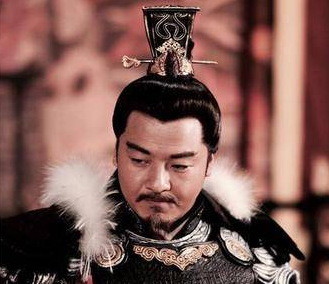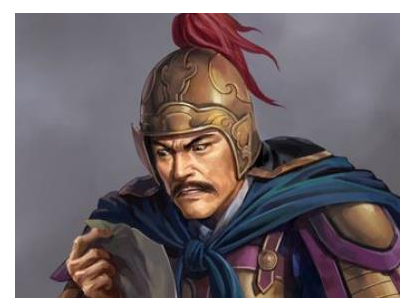In ancient times, war was the primary means for countries to compete for resources, territory, and influence. Therefore, military achievements became an important criterion for measuring a general or soldier's military talents. The acquisition of ancient military achievements depended not only on personal bravery and martial arts skills, but also on the use of wisdom and strategy. This article will explore how ancient military achievements were obtained and the characteristics of the era and personal heroism they embody.

I. Direct Acquisition on the Battlefield
The most direct way to obtain military achievements is through performance on the battlefield. This includes charging into enemy lines, capturing enemy heads, seizing enemy flags or forts, etc. In ancient wars, soldiers could directly obtain military achievements through personal brave acts such as taking the lead in defeating the enemy or fighting valiantly against multiple enemies. Generals, on the other hand, achieved higher evaluations of military achievements by commanding operations and formulating tactics to achieve overall victory.
II. Post-war Evaluation and Rewards
After the war, based on the performance of officers and soldiers on the battlefield, the state would evaluate and reward military achievements. This was usually presided over by the emperor or senior generals, and rewards such as titles, gold and silver, and land were granted according to the performance of soldiers and generals. This evaluation was not only recognition of personal bravery, but also a reward for their loyalty and contributions.
III. Consideration of Wisdom and Strategy
In addition to military power, wisdom and strategy were also crucial in ancient wars. Coming up with plans, designing traps, and psychological warfare could all be ways to obtain military achievements. In history, many famous battles were won through clever strategies, such as Zhuge Liang's borrowing arrows with grass boats and Zhou Yu's burning Red Cliff. Although these achievements may not have been accompanied by intense battles, they were still considered important military achievements.
IV. Importance of Recording and Inheritance
In ancient times, the recording and inheritance of military achievements were crucial for generals and soldiers. On the one hand, it could ensure that their brave deeds were not forgotten, and on the other hand, it was also a glory for their families and descendants. Therefore, ancient war records often described the military achievements of generals and soldiers in detail, in order to inspire future generations to emulate them.
Conclusion:
The acquisition of ancient military achievements was a complex process that required not only personal bravery and skills, but also the use of wisdom and strategy. At the same time, the evaluation and rewards for military achievements were also affirmations of personal and collective honor. The recording and inheritance of these military achievements not only became witnesses of history, but also became valuable treasures to inspire future generations. By understanding the ways of obtaining ancient military achievements, we can more deeply recognize the complexity of ancient warfare and the values of heroism.
Disclaimer: The above content is sourced from the internet and the copyright belongs to the original author. If there is any infringement of your original copyright, please inform us and we will delete the relevant content as soon as possible.































